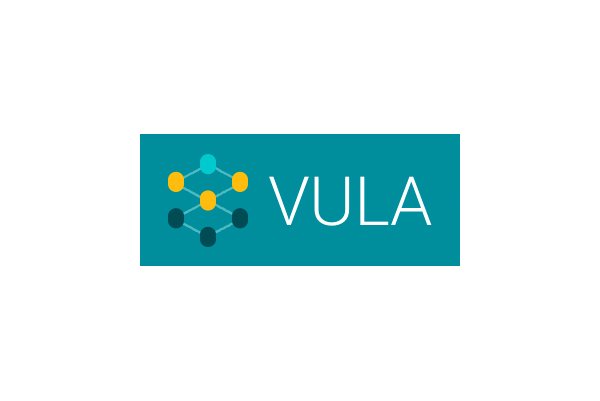Vula Mobile
Vula Mobile
Providing cost-effective digital solutions to make specialized healthcare accessible to underserved South African communities.
BCTA MEMBERSHIP STATUS
Active
SECTOR
Health
HEADQUARTERS
South Africa
REGION OF INITIATIVE
Africa
SDG CONTRIBUTION
The Impact Goal
Vula Mobile joined Business Call to Action (BCtA) in 2021 with the commitment to make healthcare services accessible to almost 1,400,000 low-income individuals by 2025, of whom 50% are women and 20% youth. In the same year, Vula Mobile created a tech-based solution to provide primary healthcare facilities with direct access to specialist medical treatment, a solution that has already benefited 700,000 people.
The Market Gap
Telehealth solutions have seen an increase during COVID-19. However, most of the existing solutions only cover the primary healthcare sector, leaving secondary or specialized healthcare options lacking.
In South Africa, the gap and delays in communication between primary and secondary healthcare sectors makes specialized medical consultation offered by major provincial hospitals inaccessible to low-income population in rural and remote areas.
Long-distance travel and expensive transportation costs creates further challenges in accessing specialized healthcare services and in visiting medical specialists in large hospitals. While medical consultation through digital methods have increased in recent years due to the pandemic, there are still concerns about data security and the protection of patients’ personal and medical information. Confidentiality issues in addition to integrity and speed of information transfers create another layer of challenges in receiving specialized treatment.
The Business Solution
Vula Mobile presents healthcare solutions that target the secondary market and connect health workers from rural, remote and underserved areas with medical specialists to facilitate efficient treatment of patients. The solution is a mobile application that enables referrals between primary health workers and medical specialists.
Vula enables health workers from rural clinics to contact specialists at major provincial hospitals, share a form designed for each medical specialization that includes text, visuals, and results from bespoke clinical tools. The information provided helps specialists determine and remotely advise if a case can be treated locally in the clinic or further referrals are required. Additionally, Vula Mobile tech-specialists help health workers manage patients remotely.
This is a significant improvement in South African rural healthcare. Vula’s solution reduces the number of unnecessary referrals and paves the way for efficient access to specialist centres for underserved communities.
This solution removes the burden of delayed life-saving information from health facilities and workers and enables them to timely provide treatment to patients. Unlike third-party messaging platforms, Vula ensures that patient information is collected, processed and stored securely, being shared only with relevant specialists attending to the patient’s case. Apart from being the first South African tech-based solution that connects health workers, the Vula Mobile App also facilitates training and assessment solutions for medical and nursing students who are doing their internship in South Africa. Students work with facilitators who add and review case studies through the Vula platform, helping young doctors and nurses learn through actual cases observed in the region.
About Vula Mobile: Established in 2013, Mafami (operating as Vula Mobile) is the first solution of its kind in South Africa, connecting frontline healthcare workers in public and rural healthcare facilities directly with medical specialists. Up to 1,000 referrals are made per day through the Vula application, indicating 1,500 interactions between health workers and preventing unnecessary referrals. In 2020, over 120,000 patients benefited from Vula’s services. There are 17,000 health workers registered on Vula Mobile, of which 7,000 were active on the system in 2020. Further, over 1,500 health science students are also registered on Vula, which is being used for remote teaching at three Universities. Vula also believes in equal opportunity for the employment of women in all roles across its organisation, including technical positions, and currently have 50% of women representation in its C-Suite.


